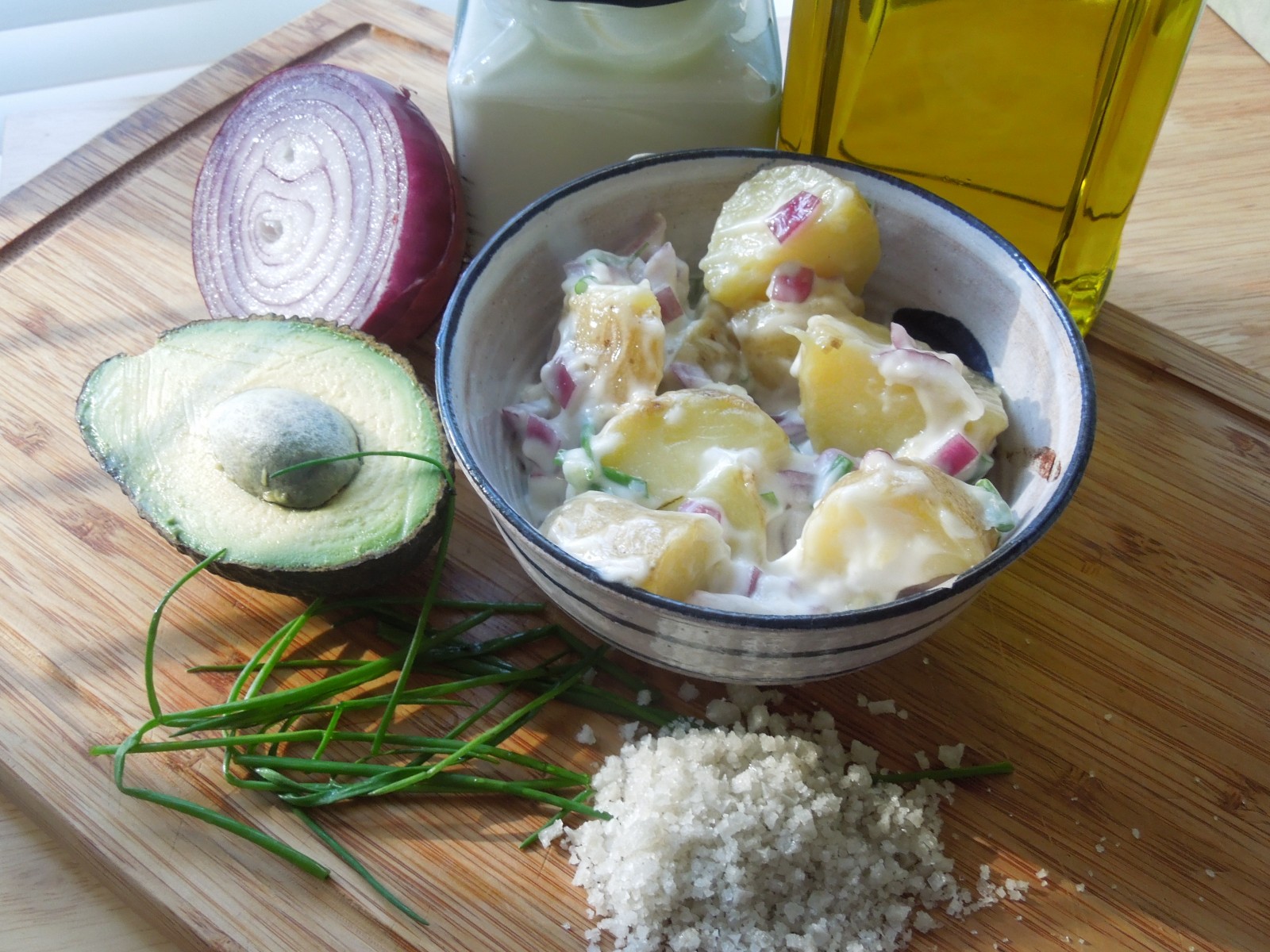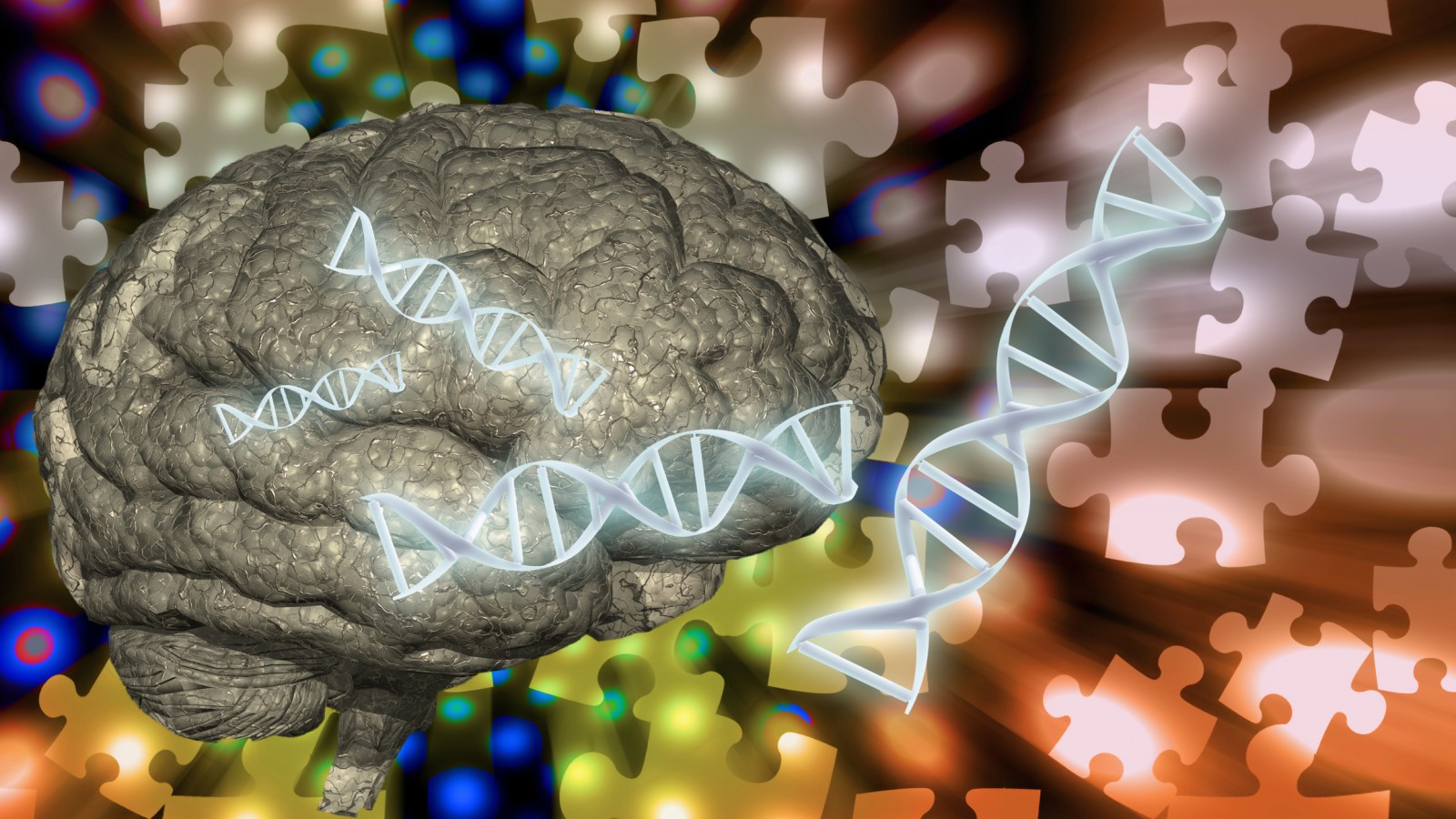Brain Fog – ADHD – Autism – Dementia – Alzheimer’s – Anxiety – Depression – Multiple Sclerosis – Eating Disorders
Obsessive Compulsive Disorder – IBS – Tourettes – Schizophrenia
The Brain – Gut Connection is being talked about throughout the Medical and Nutritional world. What goes on in the gut directly affects our mood, cognitive ability and brain function. We have known about this connection for years but mistakenly thought the communication was only one way – as when anxiety can cause nausea and diarrhoea and depression can cause changes in appetite but not the other way round. Now we know that the communications between the trillions of bacteria living in our gut and the enormous amount of neurons surrounding it are in constant two-way contact with the Brain and many are now calling the gut our second Brain. It also goes some way to explaining why we say we have ‘gut feelings’ and ‘trust your gut’! A multitude of conditions as listed above are now thought to have a connection to problems of inflammation and gut dysfunction due to the wrong mix of good bacteria or infection with toxic ones.
What are the causes of gut dysfunction and inflammation?
- Gut wall integrity is vital to good health. The gut wall is only one cell thick and has the surface area of a tennis court. Many problems can cause this area to become inflamed and leaky – meaning that the product of our digestion and bacteria which should be contained within our digestive tract can enter the bloodstream.
- Chronic constipation.
- Stress
- Environmental Toxins
- High blood sugar – when the blood sugar is kept high due to a poor diet of sugar and carbohydrates, sugar binds to protein in a process called ‘glycation‘ and high glycation leads to actual shrinkage of the brain as well as release of high levels of inflammatory chemicals called ‘cytokines‘ and increased leakiness of the gut lining.
- Antibiotics -either given to us or to animals that we eat can damage our good bacteria in what is referred to as our Microbiome.
- Lack of B Vitamins -that frequently follows antibiotic use.
- Gastroenteritis and chronic infections with overgrowth of toxic bacteria like Clostridium Dificile and similar, difficult to treat infections.
- High levels of Omega 6 fats in the body that fuel inflammation.
- Exposure to gliadin, a protein in gluten containing foods, increases permeability to the blood/brain barrier and gluten increases leaky gut.
- The gut is lined with gram negative bacteria (LPS) and if these enter the systemic circulation it triggers widespread inflammation including in the brain.
- When we get inflammation and pain the anti-inflammatory drugs given may relieve some of the symptoms but the condition will actually worsen because the drugs also irritate the digestive tract. Frequently these anti-inflammatories are given with stomach acid lowering drugs which upsets our digestion and assimilation of nutrients from our food and also the balance of bacteria in the digestive tract.
- Histamine Intolerance – caused by too little of the enzyme DAO (diamine oxidase) that breaks down Histamine in foods. Too much Histamine causes leaky gut and a damaged gut can’t then make more of the enzyme. Magnesium is also necessary to make DAO therefore low levels of this mineral also affect the gut. For more information click Allergy
When the Brain gets inflammatory Cytokines it responds by sending messages to the Adrenal glands to produce Cortisol which can lead to more gut leakiness, further changes in gut bacteria and more inflammation that affects the brain. The only way to stop the cycle is to heal the gut. See the Posts on Leaky Gut and Healing Your Digestive tract.
Beneficial bacteria in the gut have another purpose – they manufacture neurotransmitters that affect our sleep cycles, and activities in the brain and Central nervous System. Inflammation in the gut disrupts the Tryptophan – 5HTP – Serotonin – Melatonin pathways which can lead to sleep problems, anxiety, depression and other mental problems as too much Tryptophan that is not converted to 5HTP will be converted into a brain irritant called quinolinate. If there is any balance or movement disorder then it can be GABA that is affected.
TREATMENT OPTIONS Read More →
Like this:
Like Loading...



